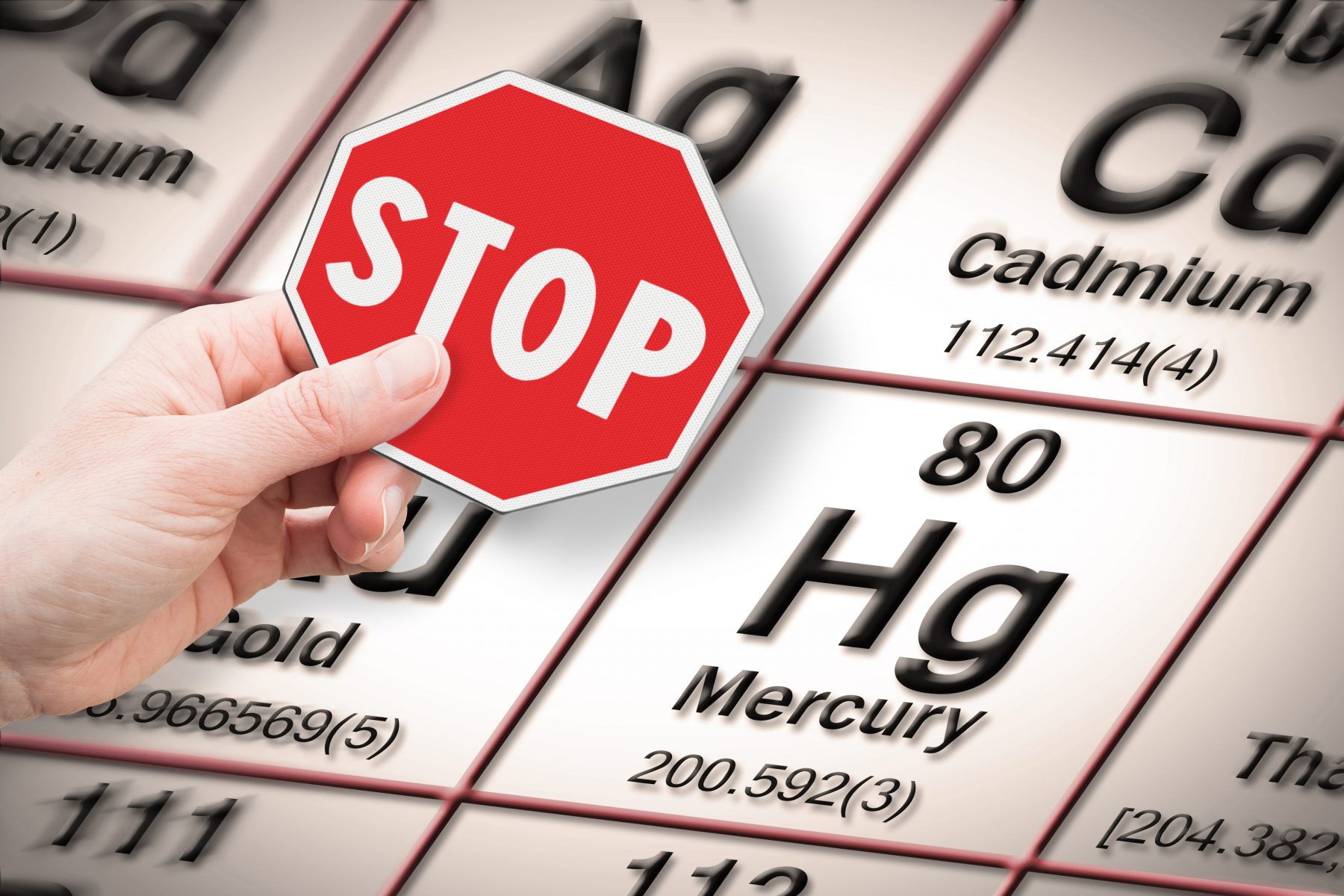
Ep 28: Heavy Metal Toxicity
On the first episode of the series on Heavy Metals, Dr. Agolli and Dr. Burdette discuss:
- What are heavy metals?
- How do heavy metals affect the human body?
- Symptoms of heavy metal toxicity
- The types of heavy metals.
- The types of foods that can cause heavy metal toxicity.
Heavy metal poisoning is a condition that occurs when your body absorbs too much of certain metals that can harm your health. Some common sources of exposure are food, water, air and skin contact. Heavy metal poisoning can affect many body systems and cause symptoms such as abdominal pain, diarrhea, dehydration, tingling, anemia, kidney damage, liver damage, lung irritation, brain problems, memory loss and more.
It is hard to say how common heavy metal poisoning is in the United States, as it is often underdiagnosed and overlooked. However, some data sources suggest that lead poisoning is still a significant public health problem, especially for children. Other sources of heavy metal contamination, such as food, water and air, may also pose a global threat to food safety and health.
You can accumulate toxins in your body from various sources, such as food, water, air, cleaning products, hygiene products and even your own gut. Toxins are harmful substances that can disrupt the normal functioning of your organs and systems. Some signs that you may have a toxin buildup include brain fog, hair loss, fatigue, brittle toenails, bad breath, nausea and weight gain.
There are many ways to detoxify your body, depending on your preferences and goals. Some common methods are:
- Limiting alcohol intake, as alcohol can interfere with your liver’s ability to eliminate toxins1.
- Focusing on sleep, as sleep can help your body repair and regenerate its cells and organs1.
- Drinking more water, as water can help flush out toxins through urine, sweat and bowel movements1.
- Eating a healthy diet, especially foods that support your liver and kidneys, such as cruciferous vegetables, garlic, berries, citrus fruits, nuts and seeds234.
- Exercising regularly, as exercise can increase blood circulation and sweat production, which can help remove toxins from your body21.
- Supplementing with antioxidants, such as glutathione, vitamin C and E, which can help protect your cells from oxidative damage caused by toxins23.
- Avoiding or reducing exposure to environmental toxins, such as pesticides, heavy metals, air pollution and synthetic chemicals345.
- Practicing relaxation techniques, such as meditation, yoga or massage, which can help reduce stress and inflammation in your body.
- According to the National Institutes of Health (NIH), heavy metals generate metal-specific free radicals or reactive oxygen species (ROS) that cause oxidative stress to cells. This can result in DNA damage, impaired DNA repair, cell apoptosis, or carcinogenesis 1. Heavy metals can also inhibit protein folding, cause misfolding and aggregation, all of which damages cells and disrupts function 1
So what types of heavy metal metals can affect human health?
There are several heavy metals that can adversely affect human health. Prolonged exposure to heavy metals such as cadmium, copper, lead, nickel, and zinc can cause a range of health issues including cancer, encephalopathy, peripheral neuropathy, gastroenteritis, anemia, renal tubular acidosis, ventricular arrhythmias, intestinal hemorrhage, emphysema, pulmonary edema, osteomalacia, dystonia, polyneuropathy, dermatitis, hyperkeratosis and polyneuritis.
Heavy metals can also cause impairment in neurological, renal, hematological, cardiovascular and reproductive systems. They can have adverse effects on the brain, lungs, kidneys, heart, liver and gastrointestinal tract and cause respiratory disorders and cancers.
You can reduce your risk of heavy metal poisoning by minimizing your exposure to heavy metals. This can be done by wearing personal protective equipment when working with heavy metals and calling your local environmental protection agency to clean up any heavy metal spills 1. If you live in an environment where your water may be contaminated with heavy metals, it is recommended to drink filtered or bottled water instead of tap water 1.
For mild cases of heavy metal poisoning, just eliminating your exposure to heavy metals can be enough to treat the condition. Depending on the underlying cause, this might mean taking some time away from work or changing your diet 2.
It is important to note that while it may not be possible to completely avoid exposure to heavy metals in an ever-polluted world, taking steps to minimize exposure can help reduce the risk of heavy metal toxicity. Detoxing occasionally may also offer some respite.
